Khair-un-nisa Aga
The pre-Islamic period is referred as the period of jahiliyyah or ignorance, which is because of many reasons and one of the main reason being moral degradation among the Arabs. The Holy Quran mentions this in the chapter Al- Imran, “ O Arabs! before accepting Islam, you were on the brink of an abyss of fire. He saved you through Islam” (3.103). The history is also evident from the barbaric condition of Arabs of the period of ignorance.
The one major case of ignorance of pre-Islamic Arabs is considered to be the status of women among them. Holy Quran illuminates the condition of women of the pre-Islamic period, in the chapter Al-Takwir, “ when the infant girl, buried alive, is asked for what crime she was slain” (81.1). The women in that period were subject to humiliation and they led the most tragic lives, if not buried alive after they were born.
The Arabs considered the birth of a girl child most disgraceful, hence preferred to bury them alive mercilessly. The woman in the period of ignorance was considered as a commodity, which could be brought and sold and did not possessed any individuality or social right nor even the right of inherit any thing. There was no rational rule for marriage or divorce for the woman and was considered as most vulnerable being in the society.
Historically, the identity of woman as a human being has remained debatable, where some civilizations considered woman as an animal and some referred her to be a slave of man. However, the advent of Islam was a paradigm shift for entire humanity, in general, and for the lives of women in particular. The women were liberated from the clutches of irrationality and injustice.
Prophet Mohammad (SAW) became the greatest emancipator of women in the human history when he preached the message of Islam. He addressed the gender issues long before the western feminists, in a patriarchal society that of Arabia in the 7th century. The Prophet insisted that Men and Women possess the same status of humanity as both of them are equal humans. Thus gave the concept of gender equality in accordance with the Quran. As the holy Quran says in the chapter Al- Hujurat, “ O mankind! Indeed, We created you from a male and a female and We made you nations and tribes that you may know one another. Indeed, (the) most noble of you near Allah (is the) most righteous of you. Indeed, Allah (is) All-Knower, All-Aware.” (49.13).
It is clear that the advent of Islam gave rise to ‘feminism’ that is not exclusivist but identifies the importance of both the sexes and calls them chief pillars of the society. Additionally, piety is regarded as the criterion for the superiority of woman and man, not the socially constructed and gendered roles. The holy Quran usually addresses both man and woman as one people, in general, verses.
Although, Islamic feminism is nowadays made as a controversial subject, yet the consensus can be reached by interpreting the same through the purest form of Islam that is the life of the Prophet (SAW). He(SAW) not only preached what was revealed to him but also practiced and became the protagonist of Islam and the role model for Islamic society.
The Prophet is known for his kindheartedness; hence encouraged the same towards the woman in particular. He was a feminist because he identified dignified status for women in Islam. He broke away with the pre-Islamic traditions and venerated having girl-child, married widows, and adopted orphan girls, to remove the social taboo attached to such practices. The prophet made sure that women get rights of all kinds like inheritance right, the right to education and work, security and freedom of choice in the Islamic society. Personally, the Prophet acknowledged love and support he received from different women in his life. Not only this, Prophet (SAW) also admired the role of women in his life, be it in spreading his message of the Islam or the wars he fought or even his life at home.
The main thesis of the article is that the brought up and training of Lady Zainab that took place in the household of the Prophet under his preaching, made revolution of Karbala a success after the martyrdom of Imam Hussain.
Lady Zainab was third child of Imam Ali and Lady Fatima. It is said that her grandfather, the Prophet(SAW) named her Zainab that is derived from two words: “Zain” and “Ab” that together means “The embellishment of her father”. In the pure environment that enveloped her, she absorbed the teachings of Islam that her grandfather imparted and after him, her father. She had barely attained the tender age of seven when her beloved mother passed away. Her mother’s death had closely followed her cherished grandfather’s passing away. Some time later Imam Ali married Umm ul-Benin, whose devotion and pledge encouraged Zaynab in her learning.
To sum up the character and personality of Lady Zainab, the scholars have defined her in the following words, In sobriety and serenity she was like Lady Khadija, her grandmother, in chastity and modesty to her mother Lady Fatima Zahra, in eloquence like her father Imam Ali in forbearance and patience to her brother Imam Hassan and in bravery and tranquility of the heart to Imam Hussain and her face reflected her father’s awe and her grandfather’s reverence.
In Medina, it was Zainab’s practise to hold regular meetings for women, in which she shared her knowledge and taught people the precepts of Islam as laid out in the Holy Quran. Her gatherings were well and regularly attended. She was able to impart the teachings with such clarity and eloquence that she became known as Fatihah (skillfully fluent) and Balighah (intensely eloquent).
Lady Zainab was one of the most important and influential persons that accompanied Imam Hussain to Karbala in the uprising against the Umayyad tyrant Yazid. She was taken captive along with her nephew Imam Zain al-Abideen and little children and women who survived the battle of Karbala, after the martyrdom of the Imam and his companions. She is known for the role that she played after the battle, wherein she was chained; her veil was snatched and taken to Damascus through Kufah. She not only took responsibility of the vulnerable women and children but also picked up the flag of Islam and addressed the people at different places from Kufa to Damascus and later in Medina, educated them about the brutality that was done to the Imam and his companions. She was successful in delivering the message of the Imam and revealing hypocritical policies of Yazid.
Lady Zainab will always be remarked as not only for her expressiveness but also for her great mental and moral strength. She refused to be intimidated by the tyrants. When the governor of Kufa arrogantly suggested that Imam and his companions were disgraced in Karbala, she rebuked him by saying, “Dying for a cause brings no disgrace; rather disgrace is the fate of those who are wicked and vicious.” The Lady demonstrated the same bravery in the court of Yazid at Damascus when she told him, “You have become a ruler by force and you are misusing your power to oppress the people.”
The foundation of the tyrant was shaken, when Lady Zainab highlighted the teachings of her grandfather in the light of Quran. She called Yazid an illegitimate ruler of Muslims when she quoted from the holy Quran the chapter Ale Imran; “Do not think of those who are slain for the cause of Allah as dead. They are alive with their Lord and receive sustenance from Him” ( 3: 169) furthermore she said, “O Yazid! On the day when Allah will be the Judge and Muhammad will be the petitioner, and your limbs will give evidence against you, and one who made you the ruler of the Muslims, will receive His punishment. On that day, it will become known what reward the oppressors earn, whose position is worse and whose party are more underprivileged”.
The life of Lady Zainab will always symbolize the emancipation that the Islam and the Prophet instigated and as the representative of Karbala, She will continue to be a beacon for all those who are engaged in the struggle to uphold human dignity and freedom. She will remain to be a symbol of resistance and protagonist of true values of Islam.
(The views and opinions in this article are of the author and not of the organisation)
The writer is Research Scholar at Jamia Millia Islamia and can be reached on khairunnisaaga@gmail.com

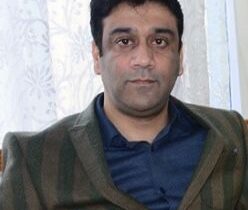
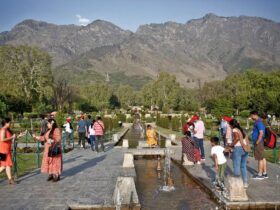
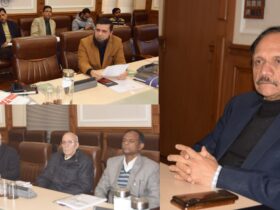
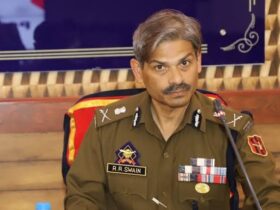
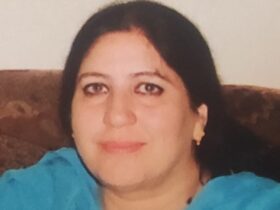

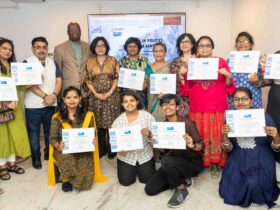
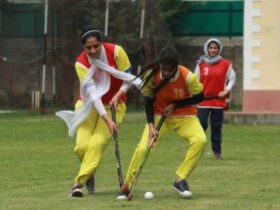


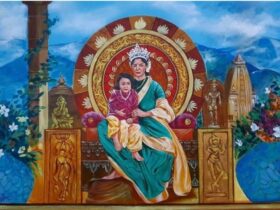

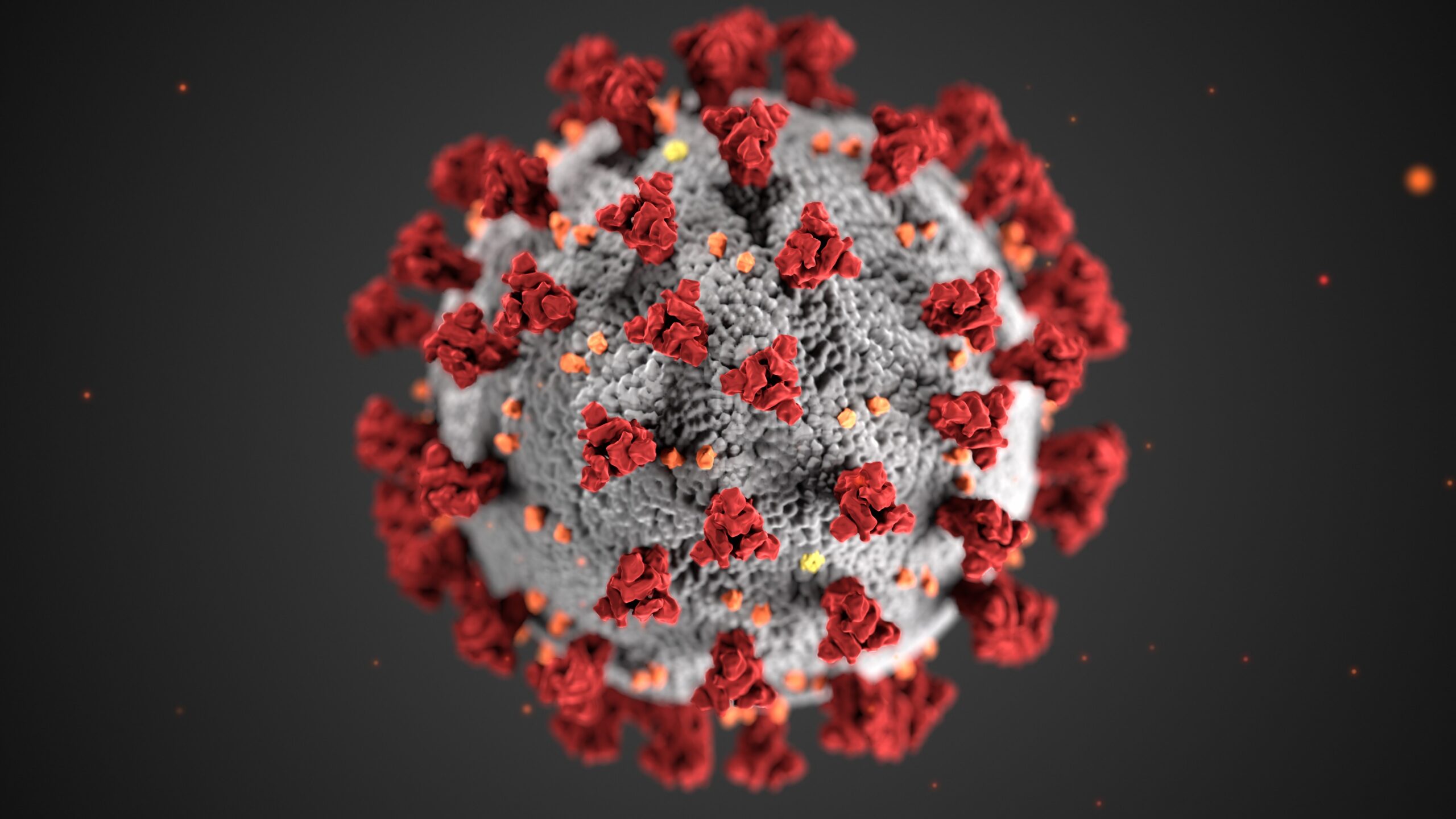
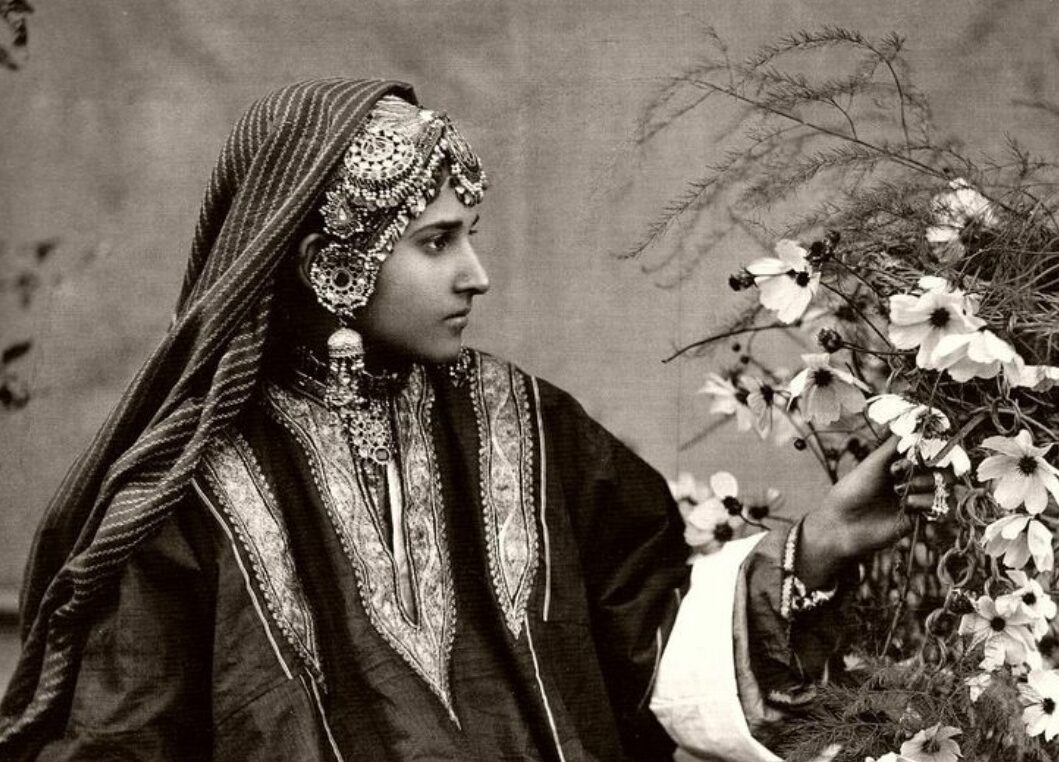

Leave a Reply